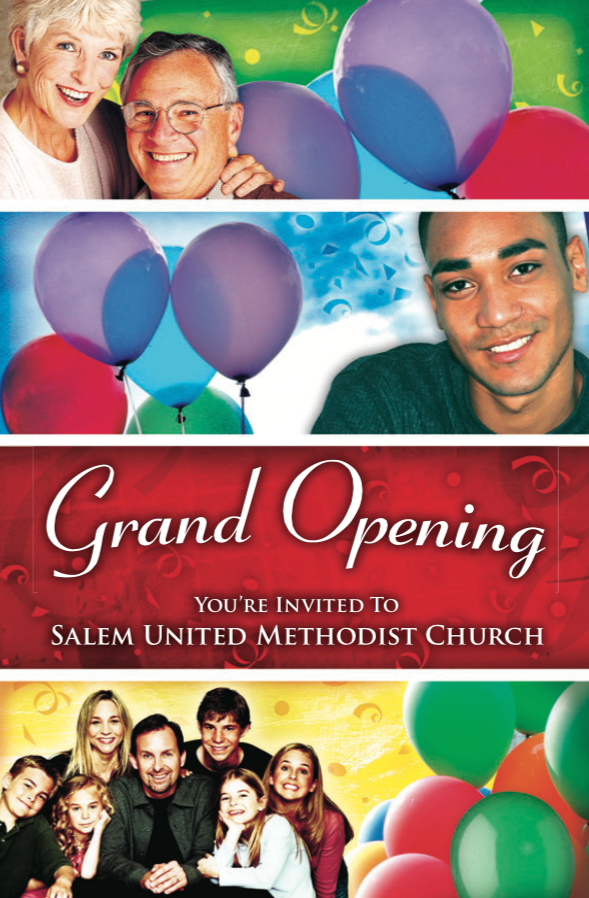Unanimity
In his wonderful book, Does God Need the Church?, German theologian Gerhard Lohfink fleshes out the characteristic signs of the Church. One of the foundational marks of the Church is gathering. When the New Testament refers to the Church, it usually uses the Greek word ekklesia, meaning assembly or congregation. The new community of Jesus gathered in Jerusalem after Jesus’ resurrection and ascension called itself the ekklesia of God. The early Christian communities were public assemblies of the whole people of God. In fact, the origin of “ekklesia of God” is the people of God gathered at Sinai in the Old Testament. In the book of Deuteronomy, Israel was gathered around the mountain and received the Ten Commandments. It was called “the day of assembly” and it was the foundational assembly of Israel, the event that constituted Israel as a people. As the ekklesia of God, the Church continues to live through and in its concrete gatherings. When we assemble, we are formed and re-formed as the people of God.
In the book of Acts in the New Testament, we see several of these assemblies. They are gatherings in which everything that is crucial for the community is discussed. They congregate to hear about what is moving the community, what has been happening. They assemble to ask what its way is to be. What is our next step? What is God’s will for us? How can we be God’s instrument for the world? They come together to interpret what has happened to them and what God’s will is for them.
That interpretation occurs in prayer. When the community gathers, they constantly devote themselves to prayer and listening to Scripture. They interpret their own situation in terms of God’s earlier words and deeds.
It is clear they are unable to make decisions on their own. After all, they assemble as the people belonging to God. Lohfink writes, “The assembly of the ekklesia thus has a center that sustains everything and that it cannot make of itself. It is a gift: the Spirit of Jesus. Only from this center can it find unanimity, and that unanimity is then its entire strength.”
Unanimity means being of one mind and it is a gift of the Holy Spirit. It means allowing God to set our minds on the same thing. By ourselves, people can never be in unanimity. It is not the same thing as a democratically organized church, taking votes and relying on majority decisions. Decisions are made by consensus. Unanimity is a miracle that is possible only by the power of the Holy Spirit.
Lohfink writes, “In the gift of unanimity, not in its own activity lies the theological mystery of the Church, its power and the fascination that goes forth from it. Living in unanimity is the first and most important mission of the Church.”
The Apostle Paul, writing to the community at Philippi, says the same thing.
If there is any encouragement in Christ, any consolation from love, any sharing in the Spirit, any compassion and sympathy, make my joy complete: be of the same mind, having the same love, being in full accord and of one mind. Do nothing from selfish ambition or conceit, but in humility regard others as better than yourselves. Let each of you look not to your own interests, but to the interests of others. (Philippians 2:1-4 NRSV).
This is our story. This is who we are. So how do we as a congregation make decisions? We make decisions by opening ourselves to the power of the Holy Spirit and being formed as the people of God through prayer and Scripture until we have unanimity, one mind. We cannot achieve this on our own. It is a gift of the Holy Spirit. Only then will we know the will of God in our own current context and situation.
As a congregation, beyond weekly worship we have assembled a few times since the flood. In the fall of 2008 we gathered to talk about our future. That became a very contentious assembly (don’t worry, there are some of those in the New Testament too!). Last fall, in 2009, we gathered again to talk about our future and decide on the voluntary buyout for our downtown property. While we did not have complete consensus we were moving towards unanimity. By the time we had our charge conference, we had unanimity – a consensus decision to accept the voluntary buyout.
As we face more decisions for our future, let us gather together and seek unanimity through prayer and Scripture. May the Spirit of Jesus grant us one mind as we seek God’s will, for we are God’s people.



Comments
Post a Comment